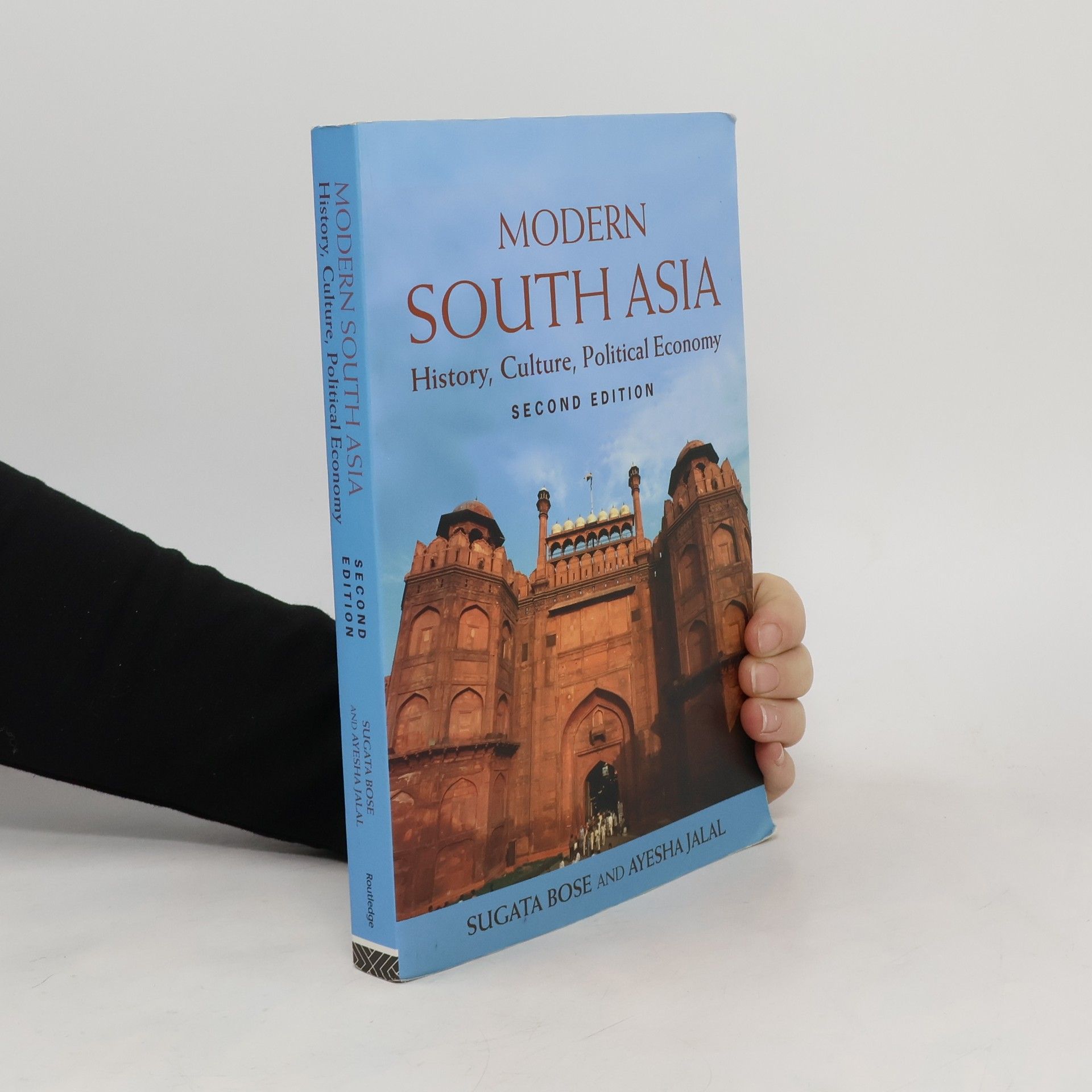The Sole Spokesman
- 334pages
- 12 heures de lecture
'Ayesha Jalal's book is an important scholarly account of ... the partition of India in 1947.' American Historical Review
Ayesha Jalal est une historienne pakistano-américaine dont le travail examine de manière critique la politique postcoloniale et l'identité musulmane en Asie du Sud. Elle remet en question la nécessité de la partition de l'Inde et du Pakistan, la présentant comme une tragédie humaine plutôt qu'une fatalité politique. Son érudition dépeint des personnages clés comme des pragmatiques motivés par la garantie de droits accrus pour les musulmans. Les recherches de Jalal explorent les forces historiques complexes qui façonnent l'identité et les paysages politiques.



'Ayesha Jalal's book is an important scholarly account of ... the partition of India in 1947.' American Historical Review
Jointly written by two leading Indian and Pakistani historians, Modern South Asia offers a rare depth of historical understanding of the politics, cultures and economies that shape the lives of more than a fifth of humanity. After sketching the pre-modern history of the sub-continent, the book concentrates on the last three centuries.This new second edition has been updated throughout to take account of recent historical research. It includes an expanded section on post-independence with a completely new chapter on the period from 1991 to the present and a chapter on the last millennium in subcontinental history. There is a new chronology of key events.
Exploring the enlightened perspectives of modern Muslim philosophers, artists, and intellectuals, this book highlights their connections to a rich intellectual tradition that transcends Western liberalism. It delves into the historical context of Islam and South Asia, making it a compelling read for those interested in the evolution of thought within these cultures. The work emphasizes the unique contributions of these figures to contemporary discourse, offering insights into their impact on society and intellectual history.